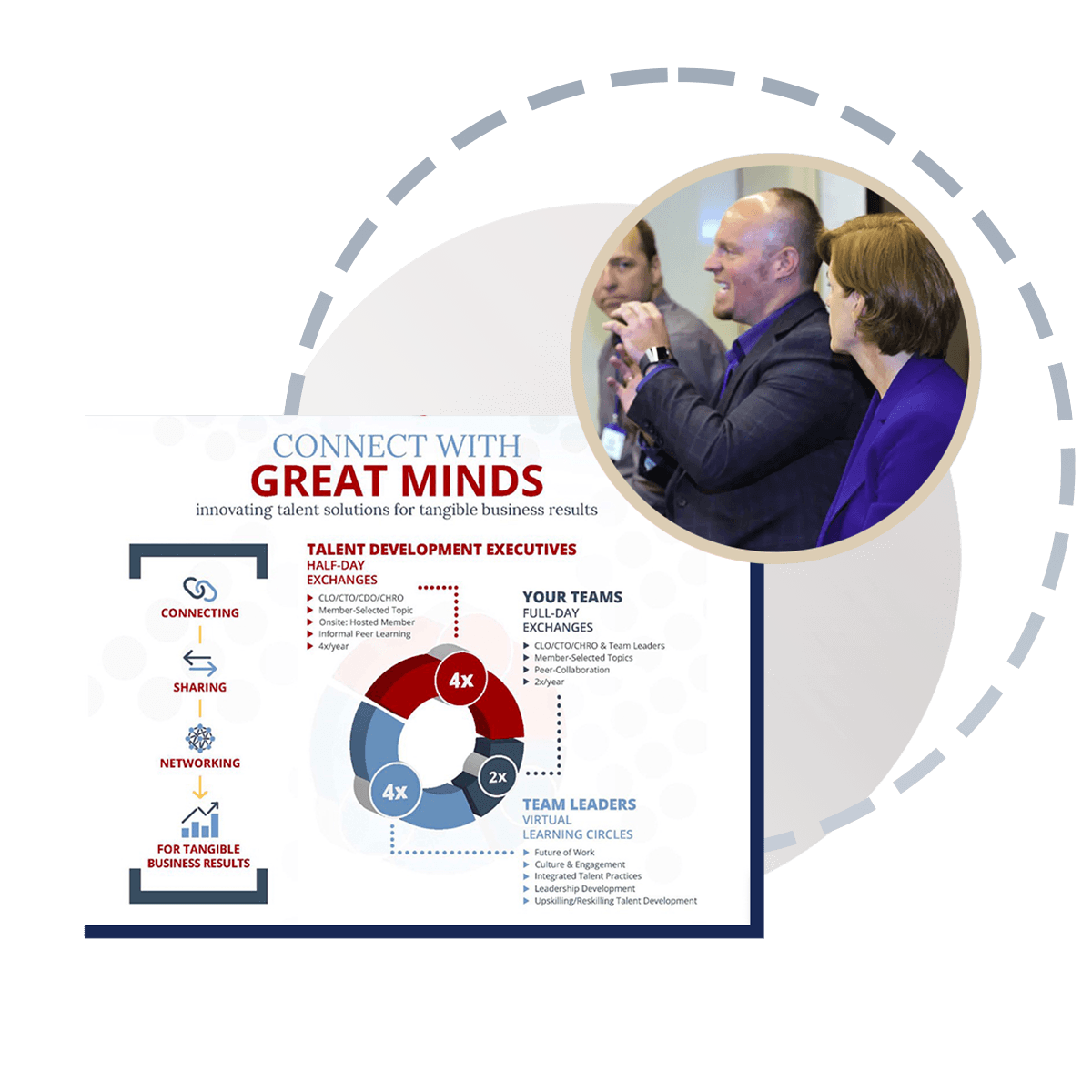Session Focus: A roundtable discussion to tease the good, bad, and ugly from several different (company) perspectives.
As companies continue navigating the hybrid work landscape, one thing is clear - effective leadership in this environment requires a fundamental shift in mindset and approach. This recent session, "Improving Hybrid Leadership Skills," drove this point home through a insightful roundtable discussion that teased out the good, bad, and ugly from several perspectives.
A key highlight was the apparent disconnect between leadership and employees on hybrid work preferences. As Alan Todd pointed out: "CEOs want everybody in the office and the employees don't, they want to work from home, they like the flexibility and all of the great affordance of work from home. The question really is - does the CEO not trust them to get work done remotely? And so now there's this whole issue of leadership trust from the very top in these companies."
Bridging this divide calls for leaders to embody three critical capabilities:
1. Develop emotional intelligence and empathy: Promoting psychological safety and high performance in hybrid teams hinges on leaders' ability to be self-aware, read situations/people accurately, and respond with genuine compassion.
2. Provide clarity through intentional communication: Dispel ambiguity by being thoughtful and deliberate in communication. Account for cognitive biases that can derail effective remote leadership.
3. Foster autonomy and equity: Build trust by allowing flexibility rather than micromanaging. Be inclusive in decision-making to promote fair treatment across distributed teams.
As our experiences shared, simply being a good leader isn't enough in today's hybrid environment. Intentionality in developing the right mindsets and skillsets is key to unlocking the potential hybrid work offers. Those who crack this code will be better positioned to attract, engage and retain top talent.
